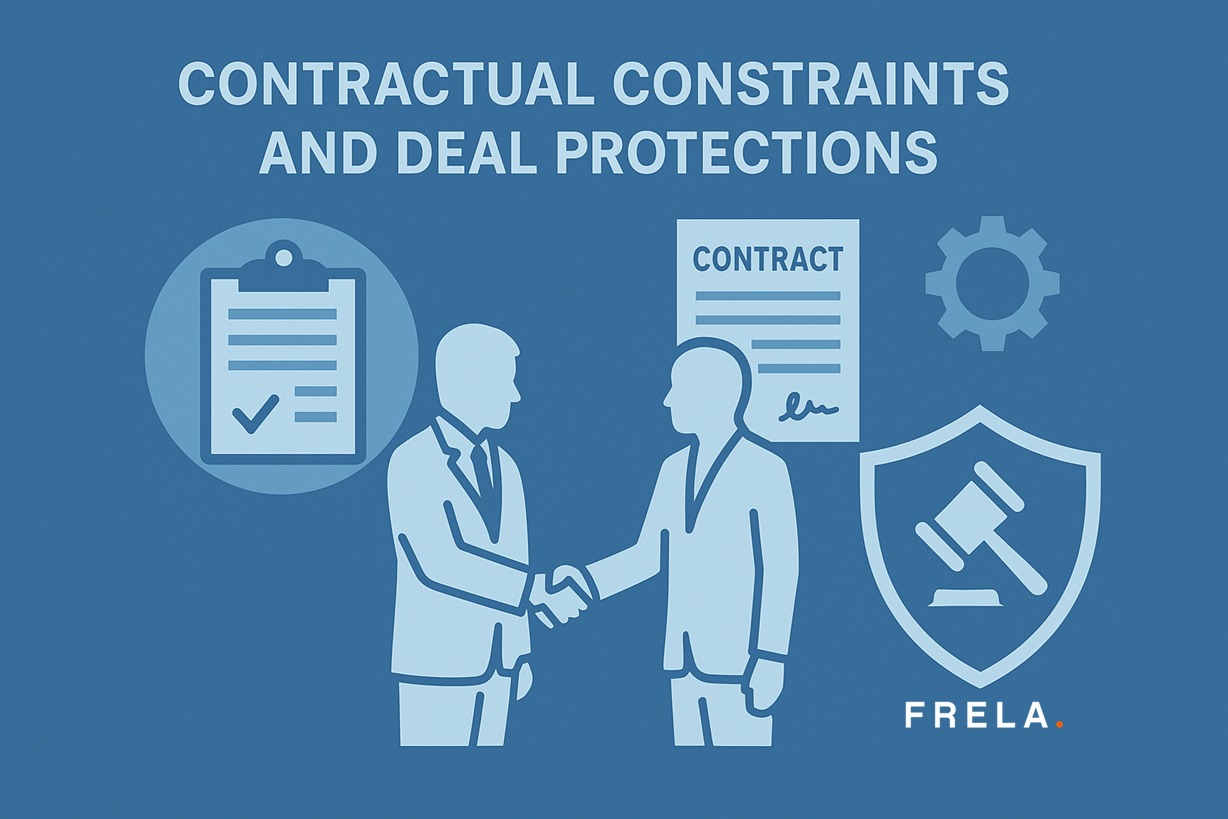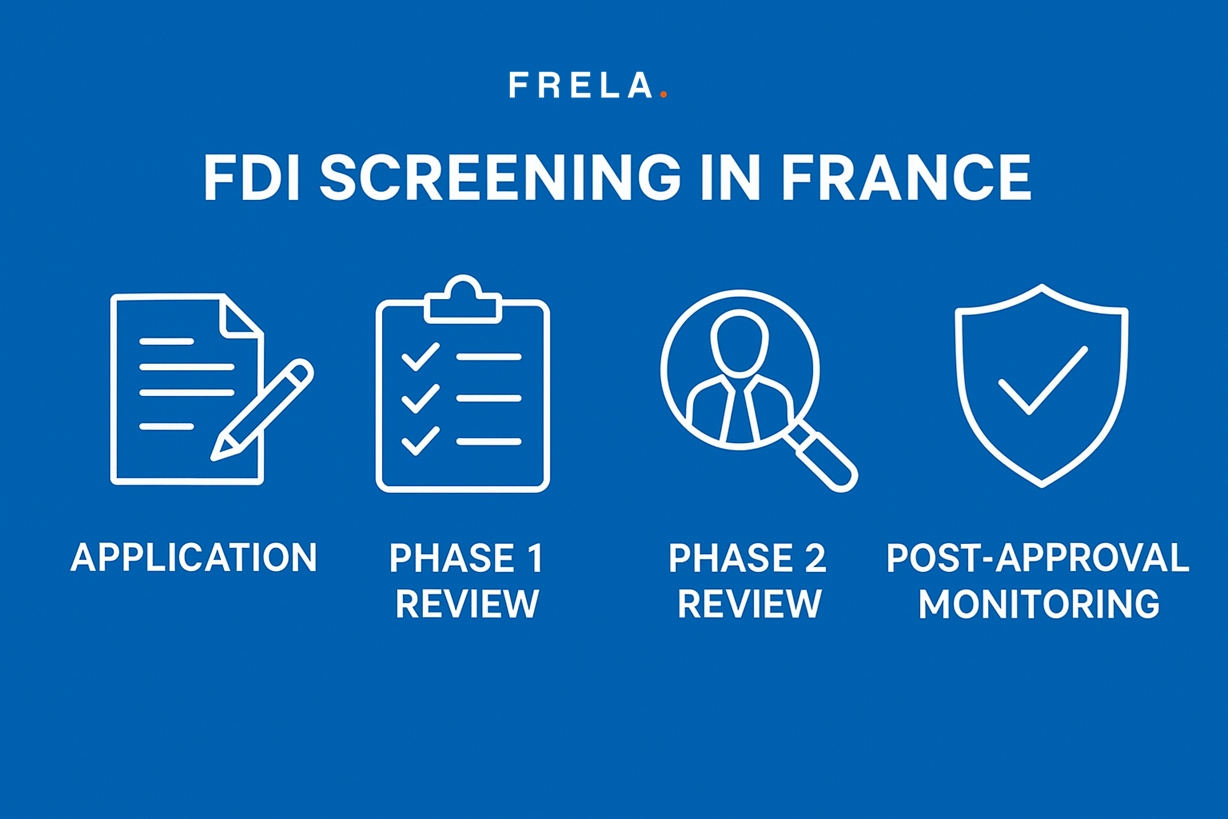Sale or Acquisition of a Company with a Real Estate Component
The sale or acquisition of a company with a real estate component is a multifaceted process that combines corporate law, real estate regulations, and financial considerations. Such transactions are common in industries like hospitality, retail, and manufacturing, where real estate often constitutes a significant portion of the company’s assets. In France, where the legal landscape is both sophisticated and intricate, these deals require careful planning and the expertise of legal, financial, and real estate professionals to ensure they are completed successfully.


The inclusion of real estate in a corporate transaction introduces unique challenges that distinguish it from other mergers or acquisitions. Beyond evaluating the company’s operational performance and financial health, buyers and sellers must address the value, condition, and legal standing of the real estate assets involved. Whether the transaction involves a hotel chain, a commercial building, or industrial premises, these properties can significantly influence the structure, pricing, and overall viability of the deal.
The process begins with defining the scope of the transaction. In some cases, the real estate is integral to the company’s operations, such as retail stores or manufacturing plants. In others, it may be a passive asset, such as leased office space or undeveloped land. Identifying whether the real estate is to be included in the sale or excluded as a separate asset is a crucial step. This decision impacts not only the purchase price but also the legal and tax obligations of both parties.
A thorough due diligence process is essential when a real estate component is involved in the sale or acquisition of a company. For the buyer, due diligence extends beyond reviewing the company’s financial records and contracts to include an in-depth analysis of the real estate assets. This process involves verifying ownership, assessing property value, and examining compliance with zoning, environmental, and building regulations. Buyers must also evaluate the terms of any existing leases, as well as potential liabilities such as unresolved disputes or structural defects. Engaging legal experts with experience in both corporate and real estate law ensures that all aspects of the due diligence process are thoroughly addressed.
For the seller, preparing for due diligence means assembling a comprehensive package of documents related to the real estate assets. These may include title deeds, zoning permits, building compliance certificates, and records of past maintenance or renovations. Transparency is key, as withholding information about the real estate could lead to disputes or jeopardize the transaction altogether. Sellers often rely on legal and real estate advisors to ensure that all necessary documentation is in order and that any potential issues are resolved before negotiations begin.
The valuation of the real estate component is a critical aspect of the transaction. Unlike other company assets, real estate is subject to market fluctuations and location-specific factors that can significantly impact its value. Professional appraisers with expertise in the relevant property type provide an independent valuation that serves as a basis for negotiations. The valuation must also account for any encumbrances, such as mortgages or easements, that could affect the property’s usability or transferability. For the buyer, understanding the real estate’s contribution to the overall value of the company is essential for determining whether the purchase price aligns with their strategic goals.
Negotiating the terms of the sale or acquisition is a pivotal stage in the process. The inclusion of real estate assets often complicates these discussions, as both parties must agree on how the property will be treated within the transaction. For instance, the parties may decide to transfer ownership of the real estate to the buyer along with the company, or they may structure the deal so that the seller retains ownership and leases the property to the buyer. Each option has distinct legal, tax, and operational implications that must be carefully considered.
The structure of the transaction also influences its tax treatment. In France, the sale of real estate assets is subject to transfer taxes and potential VAT, while the sale of company shares may have different tax implications. For buyers, these considerations affect the total cost of the acquisition, while sellers must account for capital gains tax and other liabilities. Collaborating with tax advisors and legal professionals is critical to designing a tax-efficient structure that complies with French regulations while optimizing financial outcomes for both parties.
Once the terms are agreed upon, the transaction moves to the drafting and signing of legal documents. For a company with a real estate component, this typically involves multiple contracts, including a share purchase agreement or asset sale agreement for the company and a deed of sale or lease agreement for the real estate. These documents must address all aspects of the transaction, from the transfer of ownership rights to warranties, indemnities, and post-closing obligations. In France, notaries play a key role in real estate transactions, ensuring that the property transfer complies with legal requirements and registering the sale with the French land registry.
Financing is another critical consideration in transactions involving real estate. Buyers often rely on a combination of equity and debt to fund the acquisition, and the inclusion of high-value real estate assets can influence the terms and availability of financing. French banks and financial institutions may offer tailored solutions for such transactions, but buyers must ensure that their financing arrangements align with the terms of the deal and their long-term business strategy.
Post-transaction integration is particularly important in acquisitions involving real estate. For buyers, this includes assuming responsibility for property management, ensuring compliance with regulatory requirements, and aligning the real estate’s use with the company’s operational goals. Sellers, on the other hand, must fulfill any post-closing obligations, such as resolving warranty claims or providing transitional support.
The sale or acquisition of a company with a real estate component is a complex but rewarding process. The inclusion of real estate introduces unique challenges that require careful planning, thorough due diligence, and expert legal and financial advice. By addressing these complexities proactively, buyers and sellers can ensure that the transaction is not only legally sound but also aligned with their strategic objectives. In France’s dynamic market, such transactions represent a valuable opportunity to acquire or divest assets that are integral tolong-term business success.
About the Author :
Business lawyers, bilingual, specialized in acquisition law; Benoit Lafourcade is co-founder of Delcade lawyers & solicitors and founder of FRELA; registered as agents in personal and professional real estate transactions. Member of AAMTI (main association of French lawyers and agents).
FRELA : French Real Estate Lawyer Agency, specializing in acquisition law to secure real estate and business transactions in France.
Paris, 15 rue Saussier-Leroy, Paris
Bordeaux, 24 Rue du manège, 33000 Bordeaux
Lille, 40 Theater Square, 59800 Lille





